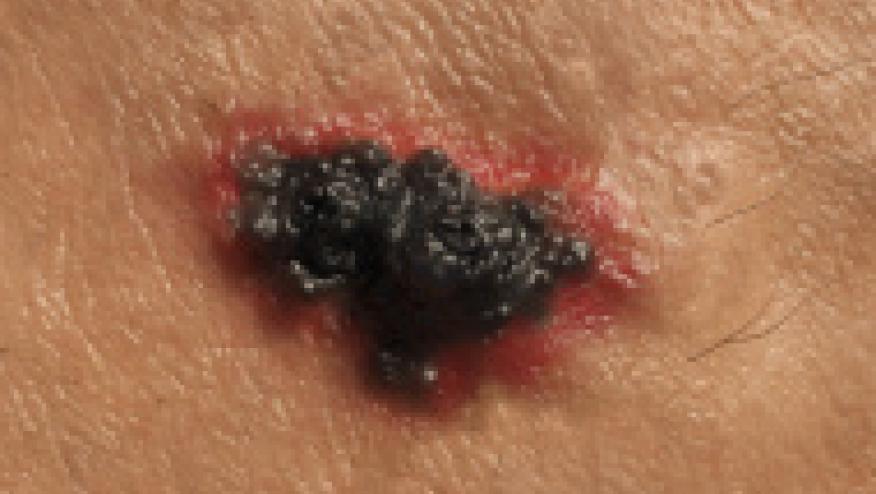Does Methotrexate Use Lead to Melanoma? Save

A systematic review suggests that low-dose methotrexate (MTX) use is associated with an increased melanoma risk, but the absolute risk increase could be considered negligible.
Findings In this systematic review and meta-analysis pooling 16 642 cases of melanoma, individuals exposed to low-dose methotrexate had a 15% increased risk of melanoma compared with the risk in unexposed individuals. However, the melanoma risk associated with methotrexate exposure may not translate to a significant association at a population level, as the number needed to harm was estimated to be large, even for populations with high melanoma incidence rates.
Meaning Findings suggest that although low-dose methotrexate may be associated with higher risk of malignant melanoma, the true effect could be considered negligible.
This metnalysis included 12 studies (RCTs, cohort studies, case-control studies), and 16 642 melanoma cases in the primary analysis. MTX Indications were primarily for treatment of rheumatoid arthritis, psoriasis, psoriatic arthritis, and inflammatory bowel disease.
When compared to a non-MTX exposed population, those with MTX exposure had a small increased risk of melanoma (pooled relative risk, 1.15; 95% CI, 1.08-1.22). But if the largest study was excluded (sensitivity analysis), this was no longer significant (pooled relative risk, 1.11; 95% CI, 1.00-1.24).
Nonethess the number needed to harm would be 18 630 for Australia, and 41 425 for North America.
While there may be a small, statistically significant risk of melanoma with MTX in these inflammatory disorders, absolute risk increase appears to be negligible.










If you are a health practitioner, you may Login/Register to comment.
Due to the nature of these comment forums, only health practitioners are allowed to comment at this time.